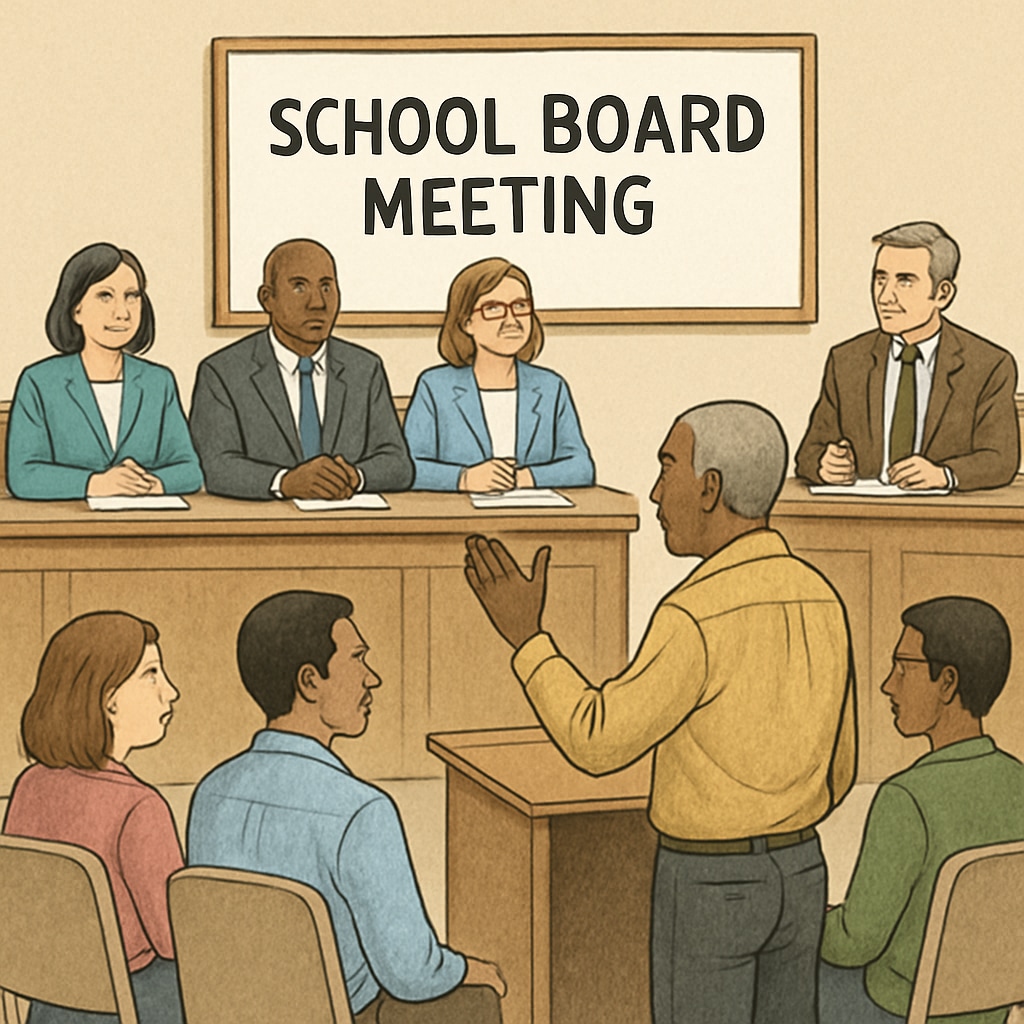The presence of individuals with a known history of child abuse on a school board can spark significant concerns among parents and community members. These concerns center on the appropriateness of such individuals holding positions of influence in institutions responsible for shaping young minds. This article delves into the ethical and procedural challenges posed by such situations, offering guidance on how communities can respond while advocating for transparency and safeguarding student welfare.

Why Background Matters for School Leadership
School boards play a pivotal role in shaping educational policy and ensuring a safe environment for students. Members of these boards are entrusted with high levels of responsibility, and their personal history can have implications for their capacity to fulfill these duties. When allegations or confirmed instances of child abuse surface regarding board members, it raises critical questions about their suitability for such positions.
Trust is the cornerstone of effective educational governance. For example, according to Britannica’s overview of ethical governance, leaders must exhibit integrity to maintain public confidence. Any lapse in trust can erode the community’s faith in the institution and compromise its ability to serve students effectively.
Community Response: A Path Forward
When confronted with such situations, concerned residents often seek avenues to express their apprehensions and drive change. Legal and procedural channels provide frameworks for these actions. For example:
- Public Forums: Many school districts host regular meetings where stakeholders can voice concerns. These forums are designed to foster dialogue between the board and the community.
- Petitions: Organizing petitions calling for the resignation or removal of controversial members can amplify community voices.
- Legal Action: In extreme cases, residents may explore legal avenues to challenge a member’s eligibility based on their history.
Transparency is key to resolving such dilemmas. According to Wikipedia’s definition of transparency in governance, openly sharing information with stakeholders builds trust and accountability. Schools must proactively disclose how they vet board members and uphold ethical standards.

Strengthening Governance Mechanisms
To prevent similar controversies in the future, schools must implement robust governance mechanisms that prioritize student safety. Recommendations for improvement include:
- Enhanced Background Checks: Schools should adopt rigorous vetting processes for board member candidates, including criminal record checks and thorough interviews.
- Clear Ethical Guidelines: Instituting policies that define acceptable behavior and outline consequences for ethical violations can serve as a preventive measure.
- Community Involvement: Engaging parents and local stakeholders in decision-making processes ensures diverse perspectives and greater accountability.
In addition, ongoing training for board members on child safety and ethical governance can help reinforce their commitment to creating a safe environment for students.
Conclusion: A Call for Transparency and Vigilance
The presence of individuals with a history of child abuse on school boards challenges the integrity of educational institutions and raises profound ethical concerns. Communities must remain vigilant and proactive in protecting student welfare, leveraging legal channels, and advocating for increased transparency in governance. By working together, residents, educators, and policymakers can foster environments that prioritize ethical leadership and the safety of future generations.
As a result, safeguarding schools requires not only addressing immediate controversies but also instituting preventive measures to ensure that educational institutions remain spaces of trust and safety for all students.


